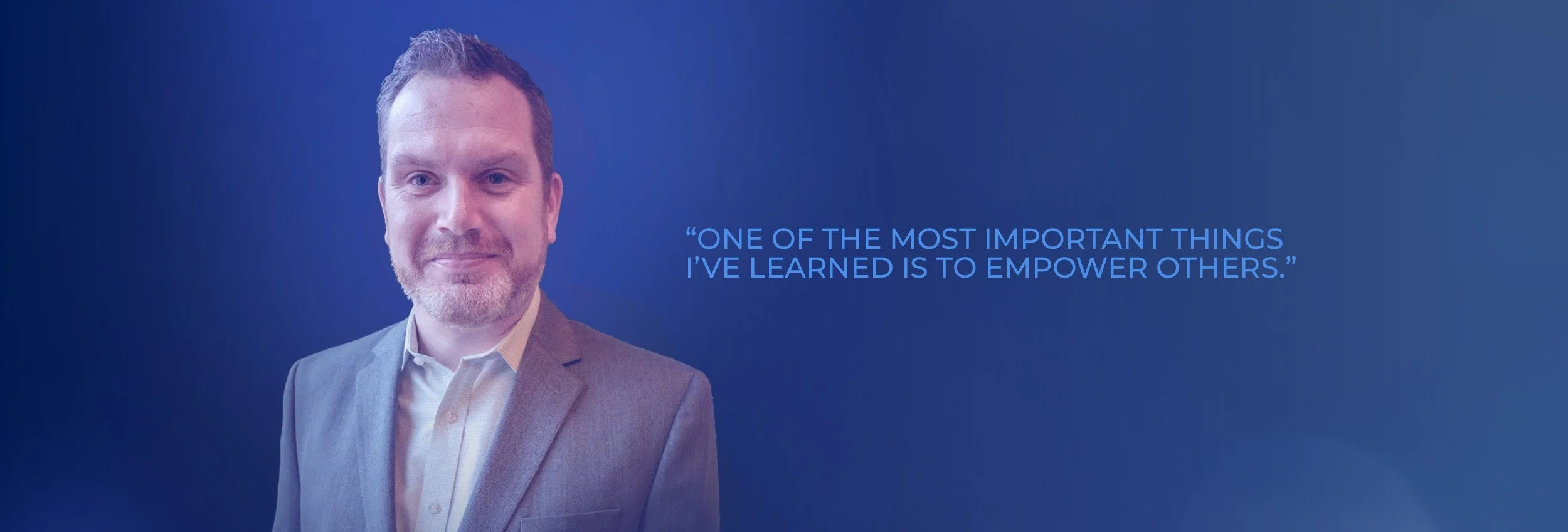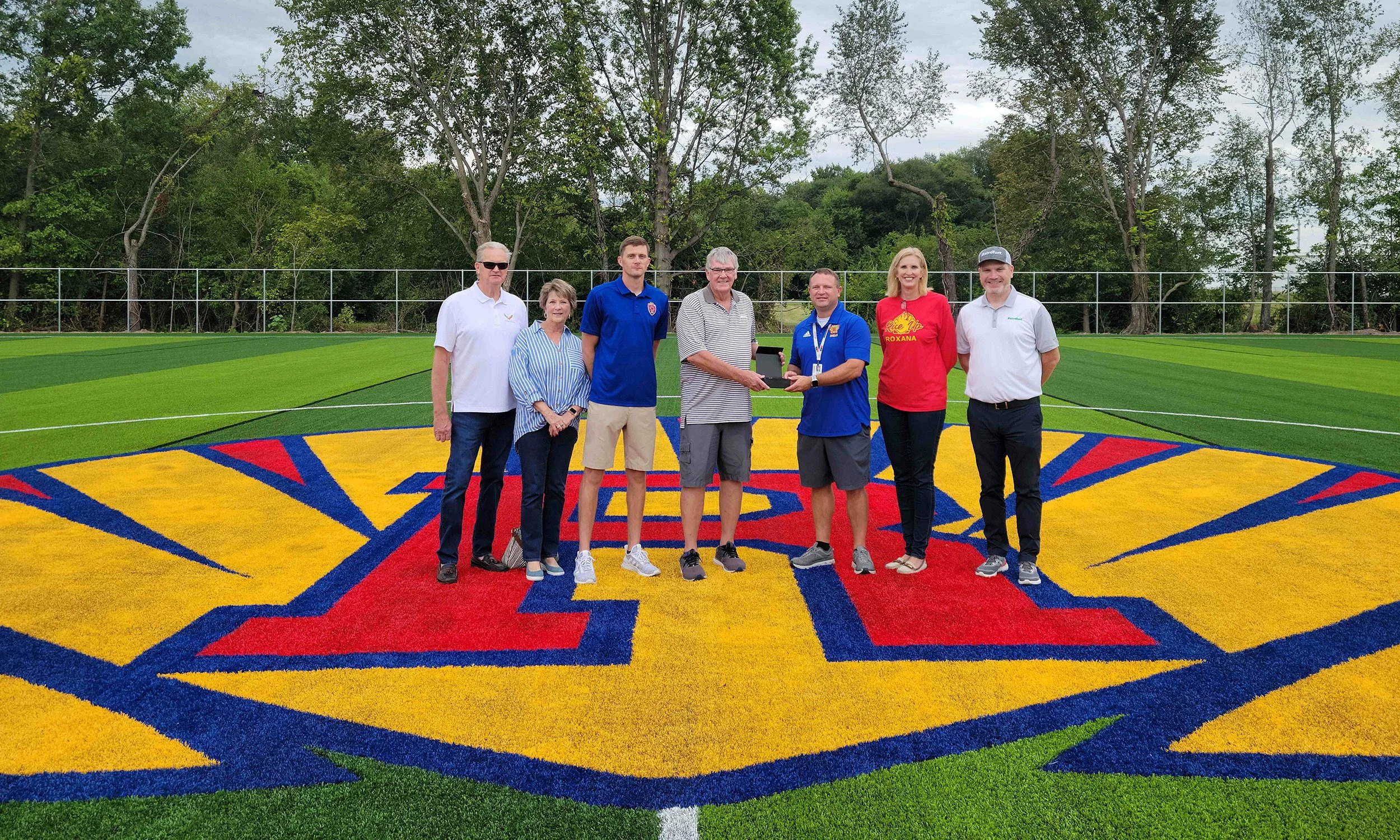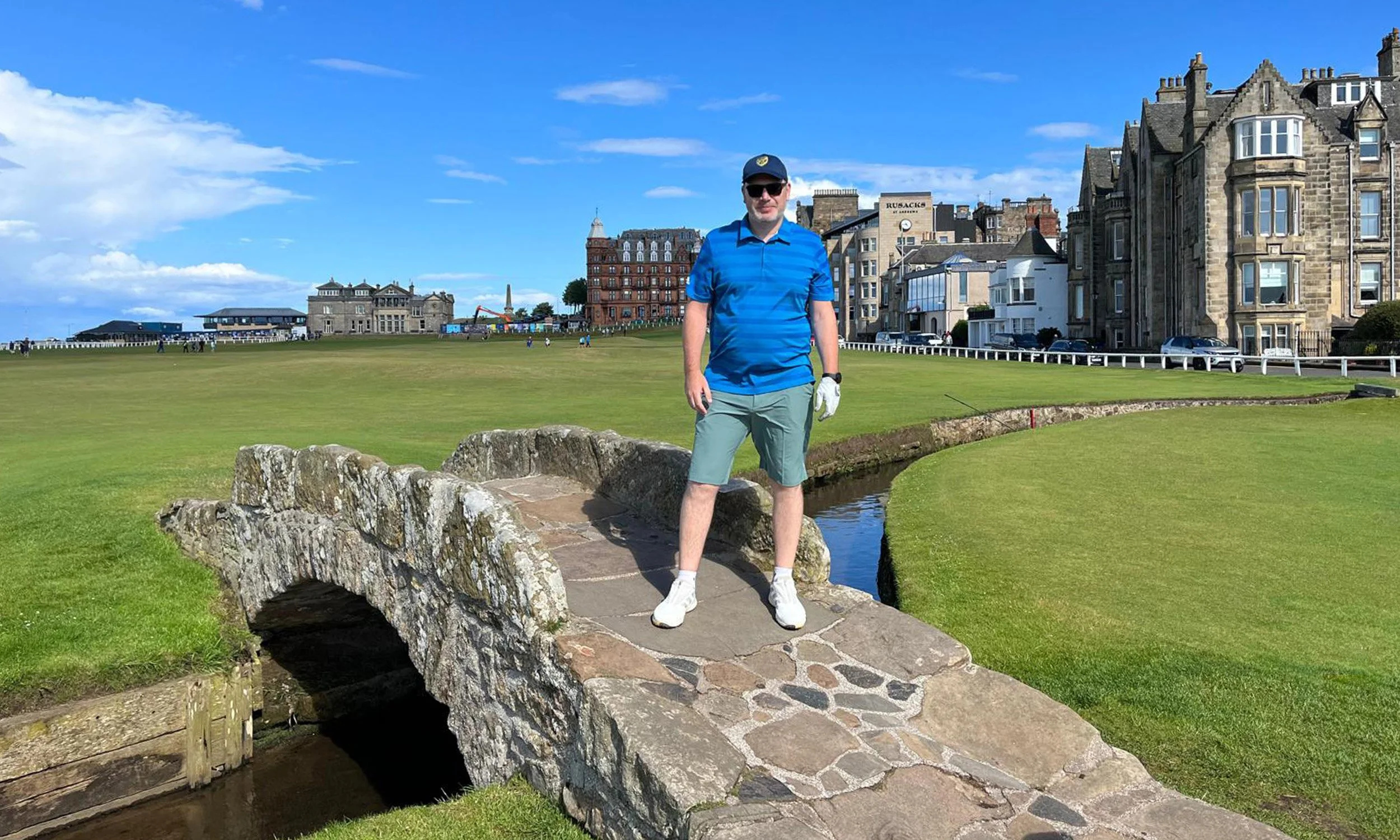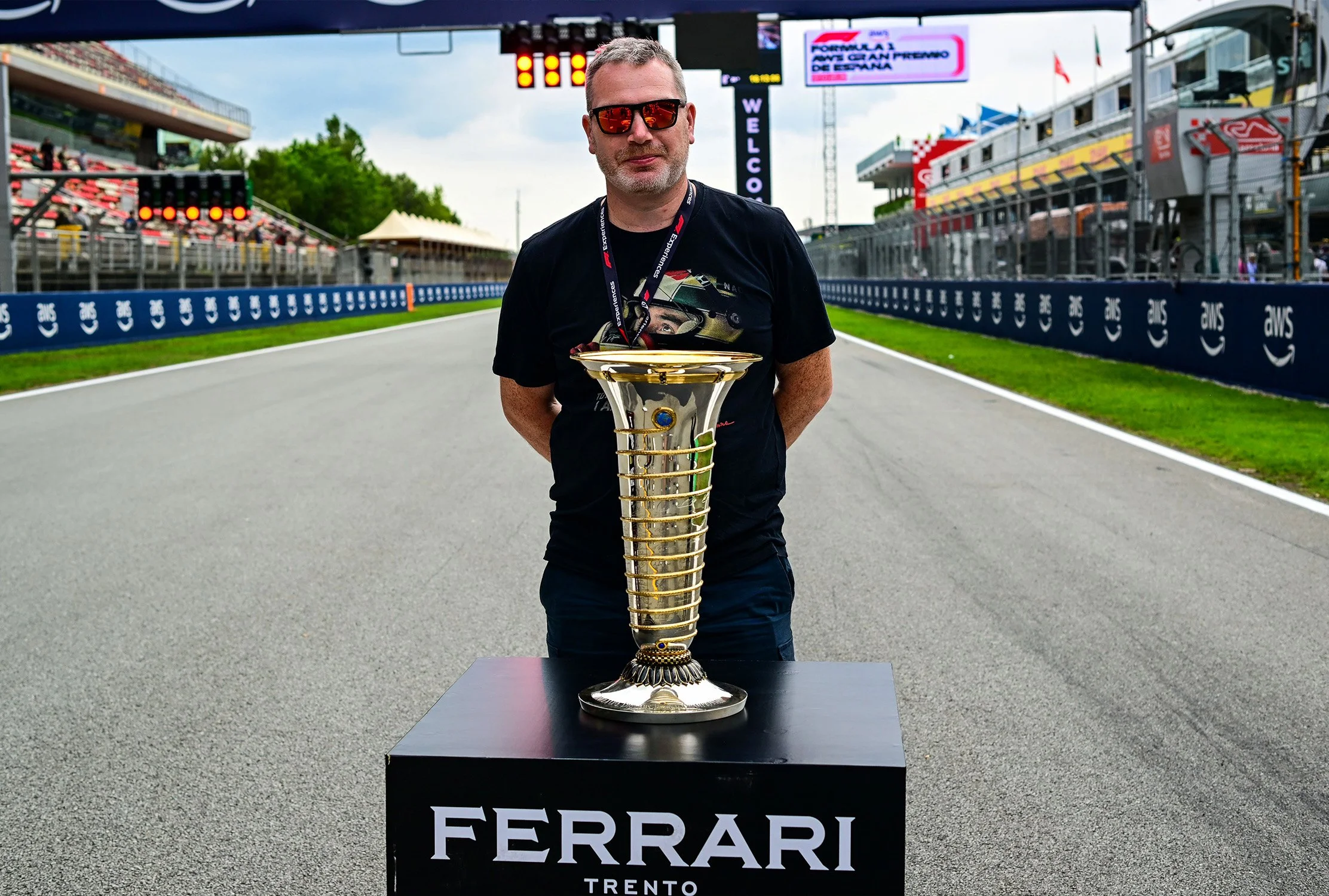Meet Rob Mitchell, Vice President of Business Development, AstroTurf
From grassroots soccer coach to VP of a global sports surface leader, Rob’s journey fuses a passion for sport with strategic vision
Rob Mitchell grew up in England with a passion for football, or soccer (depending on where you’re from). He earned a degree in sports studies from De Montfort University in Bedford, and he began coaching soccer during his time there. After graduating, Rob moved to Chicago and became a full-time soccer coach, eventually advancing to manage several high-level soccer clubs in the Chicago area. After more than a decade in coaching and gaining his MBA from DePaul University, Rob transitioned into the business side of sports, joining AstroTurf nearly 10 years ago. Starting as Regional Sales Manager, Rob oversaw key markets including Minnesota, Wisconsin, Illinois, and Indiana. Today, he serves as Vice President of Business Development, bringing his deep understanding of sports and strategy to the company.
What led you to make the leap from coaching and clubs to the corporate side of sports?
It was during my last few years as a club director that I decided to pursue an MBA in Sports Management. That opened my eyes to bigger opportunities beyond running soccer clubs. While I initially considered professional teams or federations, I found the private sector more appealing. AstroTurf’s role offered the chance to combine my passion for sports with a new challenge in a much larger organization.
You’ve been with AstroTurf for 10 years now. What is your current role?
I’ve been Vice President of Business Development for the past two years. Before that, I spent eight years in regional sales. My responsibilities now span sustainability efforts—such as recycling programs and product development with a focus on eco-friendly solutions—finding new markets, developing strategic partnerships, and supporting the sales and operations teams.
What have you learned about growing the sports surface market in that time?
A lot of it has been about identifying underrepresented areas where our competitors might have a stronger presence. We’ve worked to understand why those areas have been challenging and what strategies we can apply to grow our market share. It’s a combination of resource allocation, understanding market needs, and finding the right strategic approach.
“We’ll see more innovations like our bio-based turf, and the push for net-zero and sustainable sporting events, like the LA 2028 Olympics and Formula One’s 2030 target, will drive even more change.”
Where is AstroTurf’s current focus?
We’re making headway in key markets, particularly by focusing on sustainability and understanding customer needs. In other areas, it's about gathering more information and developing strategies that differentiate us from the competition.
Our main focus is the U.S., but we’re growing in Canada as well. This year, we added two new distribution partners in Canada. We also do some work in the Caribbean, but the bulk of our business remains in the U.S.
What has been your biggest takeaway about leadership in this role?
One of the most important things I’ve learned is to empower others. It’s vital to make people feel valued, ensuring that their ideas and contributions are recognized. I try to lead by collaborating and encouraging teamwork, which has always been a big part of my background in sports. It’s about creating a space where people feel confident to come to me, whether for guidance or mentorship.
What’s been the most exciting project you’ve worked on at AstroTurf?
Definitely the development of our bio-based synthetic turf product. We’ve integrated organic materials into our systems to make them more sustainable and environmentally friendly. We became the first company to have a USDA-certified synthetic turf for athletic fields. It’s a game-changer and being part of something that’s paving the way for the future is incredibly rewarding.
Where do you see the future of the sports surface industry?
Sustainability is becoming a major priority across all sports and will continue to shape the industry. We’re seeing initiatives from organizations like the Green Sports Alliance, and major events pushing toward sustainability goals. That momentum is going to filter down to every level of sport, from professional leagues to community fields.
I believe that in the next three to five years, customers will prioritize products with strong sustainability features, but they want products that don’t compromise on performance. We’ll see more innovations like our bio-based turf, and the push for net-zero and sustainable sporting events, like the LA 2028 Olympics and Formula One’s 2030 target, will drive even more change. AstroTurf is ready to lead that shift while maintaining the high-performance standards we're known for. We’re committed to that evolution.
How does AstroTurf balance sustainability with performance?
It’s all about rigorous testing. We don't just throw organic or new materials into the mix and hope for the best. We test everything thoroughly—both in-house and with external partners, like the University of Tennessee, where we have a research farm. The goal is to ensure that our sustainable products perform as well as our traditional ones in terms of durability and safety.
Do you still stay active in sports outside of work?
Coaching and team sports have taken a backseat, and while I wouldn’t say I’ve hung up my boots, I’m more into golf and enjoy outdoor activities like hiking and mountain biking to stay active these days.
After spending so much time in the U.S., are you fully integrated into American sports, or do you still follow UK teams?
I’m still a die-hard Oxford United fan. I follow them religiously, especially on Saturdays. I even make trips back to England to watch them play. I’m also a big fan of F1, so I love following that. As for American sports, I enjoy watching them, but I haven’t really latched onto a specific team.





